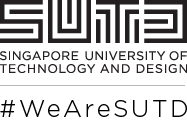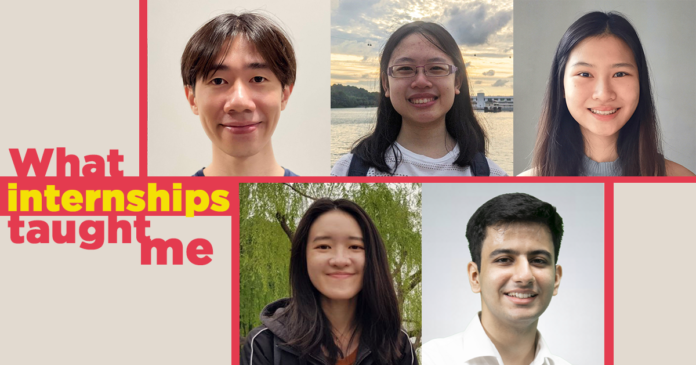Students share 6 invaluable lessons they learned during their internships
SUTD internship programmes provide great opportunities for students to apply what they have learned to the work environment, while also gaining new skills and real-world experiences. With more and longer breaks in the new academic calendar, students now have the flexibility of completing more internships than their graduation requirements despite the pandemic.
We speak to students to find out what their internships have taught them:
Lesson #1: “Constantly try new things”
During her Data Science internship at SingHealth Polyclinics, Engineering Systems and Design (ESD) student Vaishnavi Divya Shridar was involved in full-stack development of a web application called PERMELIS – from finalising the prototype application, to deploying it for public use. PERMELIS improves medication adherence amongst patients by enhancing medication understanding, particularly for patients with poor health literacy and consuming multiple medications.
“I realised that constantly exploring new languages, packages and platforms – even during the internship – was highly valuable in providing me with avenues to learn and handle new challenges. This also prevents my skills from stagnating as useful tools are concurrently evolving.”
Lesson #2: “Take the time you need to find a solution”
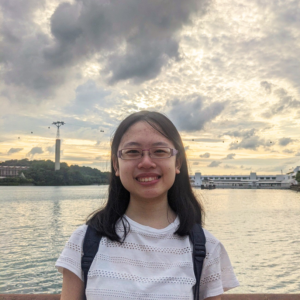 When Engineering Product Development (EPD) student Rei-Lin Tran interned at A*STAR’s Institute of Materials Research and Engineering, she worked on peak detection with time series machine learning techniques. This project saw the use of machine learning techniques via TensorFlow to detect and remove unwanted peaks arising from optical effects in the collected light sensor data, allowing multiple experiments to be performed at once without losing focus on the relevant data.
When Engineering Product Development (EPD) student Rei-Lin Tran interned at A*STAR’s Institute of Materials Research and Engineering, she worked on peak detection with time series machine learning techniques. This project saw the use of machine learning techniques via TensorFlow to detect and remove unwanted peaks arising from optical effects in the collected light sensor data, allowing multiple experiments to be performed at once without losing focus on the relevant data.
“It’s important to first try to solve problems independently, and to give yourself enough time to fully digest the problem. This might actually allow you to think up a more efficient solution, especially when you’re working on something novel to you.”
Lesson #3: “Listen actively”
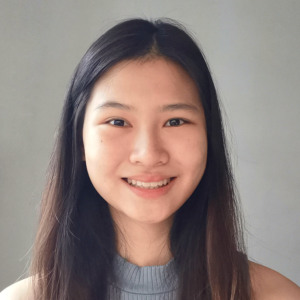 Architecture and Sustainable Design (ASD) student Serene Huang got to contribute to multiple ongoing projects during her architectural internship at TENarchitects, from small-scale renovations to a large public park. Her most memorable project was the international ideation competition project – Kitesurfing School Lencois Maranhenses by reTHINKING Competitions, where her team received the Honourable Mention for their submission. Their main concept focused on respect for the landscape, culture, and atmosphere, while enhancing the experience between the sport, nature, and human beings.
Architecture and Sustainable Design (ASD) student Serene Huang got to contribute to multiple ongoing projects during her architectural internship at TENarchitects, from small-scale renovations to a large public park. Her most memorable project was the international ideation competition project – Kitesurfing School Lencois Maranhenses by reTHINKING Competitions, where her team received the Honourable Mention for their submission. Their main concept focused on respect for the landscape, culture, and atmosphere, while enhancing the experience between the sport, nature, and human beings.
“During brainstorming, we often got excited sharing our ideas and views, but would find it difficult to conclude on a final design. I realised how important it was to actively listen to everyone’s ideas so that we could find their strengths and weaknesses and come to a compromise – whether it’s colleagues, partners or clients.”
Lesson #4: “Learn from the experts”
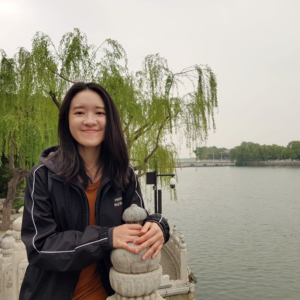 As a cybersecurity intern at leading cybersecurity service provider Trustwave, Computer Science and Design (CSD) student Ong Li Wen was part of a security research department that studies security vulnerabilities in automotive vehicles. She was involved in a project to implement automotive communication protocols that integrate the various types of microcontrollers into a testbed, which is then used to perform and demonstrate automotive security attacks.
As a cybersecurity intern at leading cybersecurity service provider Trustwave, Computer Science and Design (CSD) student Ong Li Wen was part of a security research department that studies security vulnerabilities in automotive vehicles. She was involved in a project to implement automotive communication protocols that integrate the various types of microcontrollers into a testbed, which is then used to perform and demonstrate automotive security attacks.
“It didn’t cross my mind to ask for help until my task became more challenging and I was forced to approach my supervisor for advice. While it’s good to be an independent learner, it was a good and timely reminder that internship is a good opportunity to learn from the experts. Have a curious mind and ask the right questions.”
Lesson #5: “Be clear”
 Computer Science and Design (CSD) student Mihir Chhiber was a Data & Analytics intern at Big Four accounting firm KPMG, where he worked on drawing insights from raw supply chain data – cleaning the data, finding different metrics to evaluate different companies in the supply chain, and grouping the anomalies and understanding why they existed.
Computer Science and Design (CSD) student Mihir Chhiber was a Data & Analytics intern at Big Four accounting firm KPMG, where he worked on drawing insights from raw supply chain data – cleaning the data, finding different metrics to evaluate different companies in the supply chain, and grouping the anomalies and understanding why they existed.
“Presenting and communication skills are crucial, especially when you’re working with a team of professionals with different expertise. To avoid any communication gap when transferring knowledge, I had to make sure that my ideas and work could be understood clearly by everyone.”
Lesson #6: “Apply what you’ve learned”
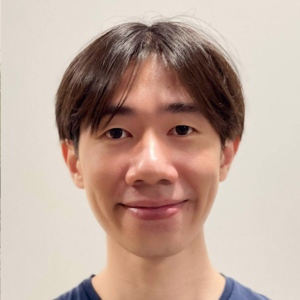 As an intern in Changi General Hospital’s Department of Orthopaedic Surgery, Engineering Product Development (EPD) student Calvin Ko’s role was to singlehandedly spearhead the development of a safety device for surgeons and operating-theatre staff in order to prevent accidental intra-operative needlestick and sharps injuries (NSSIs) while using and handling an instrument known as a Kirschner wire (K-wire). The mid-fidelity prototype he fabricated was tested and accepted for use.
As an intern in Changi General Hospital’s Department of Orthopaedic Surgery, Engineering Product Development (EPD) student Calvin Ko’s role was to singlehandedly spearhead the development of a safety device for surgeons and operating-theatre staff in order to prevent accidental intra-operative needlestick and sharps injuries (NSSIs) while using and handling an instrument known as a Kirschner wire (K-wire). The mid-fidelity prototype he fabricated was tested and accepted for use.
“Project management and design thinking are two key skills taught in the EPD curriculum, and applying these skills – namely, by defining the problem and narrowing down the scope to set realistic targets, while ensuring that the solution had a relevant niche application – were key to completing my project in the relatively short time I had.”
Like what you just read?
Have a query for our students and/or Admissions Team? Speak to them here!
Find out what student life and Freshmore year is like in SUTD.
Find out more about some of the scholarships and financial aid schemes available at SUTD.
Rewatch our talks and join our post-Open House programmes on our Open House website!
